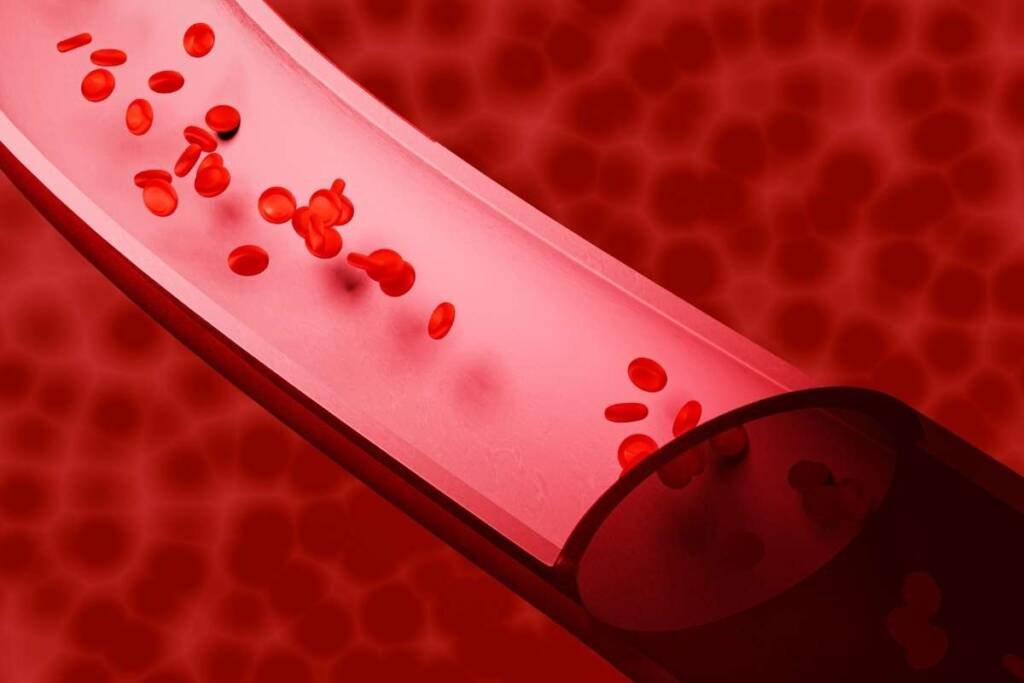Source – Gilead Science
Gilead Sciences has announced the discontinuation of its cancer antibody, magrolimab, in the treatment of blood cancer myelodysplastic syndromes (MDS) due to disappointing results in a Phase III trial. The company expressed that the anti-CD47 antibody, a major component of its $4.9 billion acquisition of Forty Seven in 2020, is unlikely to demonstrate efficacy in the ENHANCE study, where it was being investigated in combination with Bristol-Myers Squibb’s Vidaza (azacitidine) for higher-risk MDS patients.
Gilead assured that the safety profile of the antibody remains consistent with earlier experience, and it will continue the ongoing Phase III trials of magrolimab in acute myeloid leukemia (AML) and earlier-stage studies for other indications.
The decision to halt development based on futility analysis on efficacy rather than safety concerns is somewhat positive for Gilead. In the past, the FDA imposed a partial clinical hold on the antibody due to an imbalance in serious adverse events during clinical trials, but later lifted the restriction after further safety investigations.
“The health and well-being of patients are our top priorities and while this is disappointing news it confirms the challenges of treating HR-MDS, where no new class of treatments have been approved in nearly 20 years. Gilead is deeply grateful to the patients, families, investigators, and the advocacy community who contributed to this research as we learn more about magrolimab and explore its potential in treating other cancers.”
– Merdad Parsey, MD, PhD, Chief Medical Officer, Gilead Sciences
Magrolimab is among several drug candidates in development targeting CD47, a protein expressed on cancer cells that acts as a “don’t eat me” signal, protecting cancer cells from being attacked by the immune system. Other CD47 candidates, such as SRF231 from Surface Oncology and CC-9002 from BMS/Celgene, have faced toxicity problems and have been discontinued. AbbVie also withdrew from an R&D partnership with I-Mab on lemzoparlimab for MDS and AML, while ALX Oncology continues to pursue the development of its evorpacept candidate in combination with other drugs for various cancers.
Despite the setback, Gilead’s magrolimab continues to be evaluated in Phase III trials for AML, while other companies are actively exploring CD47-targeting compounds for cancer treatment, including Akeso Biopharma with ligufalimab and Waterstone Hanxbio with HX009, a CD47 and PD-1 bispecific antibody.





























